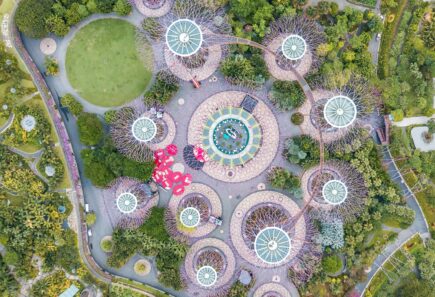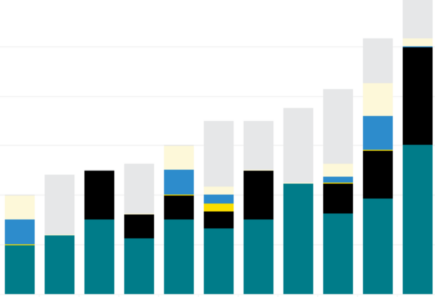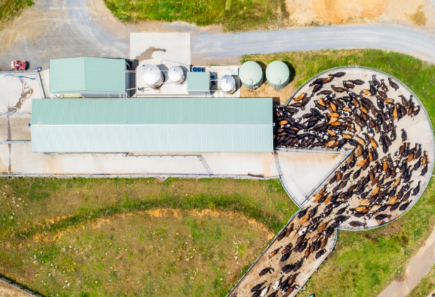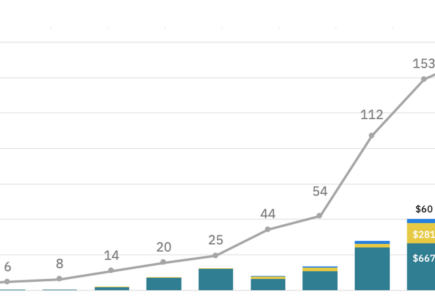
Asia’s Top University Offers Graduate-Level Module on Alternative Proteins
Teaching the science of making meat from plants and cultivating it from cells means empowering students with the skills necessary to save their own future.

Teaching the science of making meat from plants and cultivating it from cells means empowering students with the skills necessary to save their own future.

In late September, GFI APAC quietly convened eight closed-door roundtable discussions, available only to a hand-picked list of Asia-based invitees.

New research shows that chains across the region are still figuring out how to capitalize on what experts have called a “once in a generation opportunity.”

Cultivated meat—grown directly from cells, rather than farming animals—has been sold in limited quantities around Singapore since late 2020. But to scale up and reach plates everywhere, the industry needs to be supported by a thriving ecosystem of existing manufacturing companies, which already have the infrastructure to mass-produce products for their partners.

Industrial animal agriculture threatens vital ecosystems "in a potentially irreversible way," according to a new report.

In a historic decision, Nanyang Technological University (NTU)—one of the top universities in Asia—has approved a new undergraduate course titled “Future Foods - Introduction to Advanced Meat Alternatives.”

The World Health Organization’s Regional Office for the Western Pacific (WHO WPRO) joined forces with GFI’s global affiliates to host a historic two-day workshop focused on “Regulatory and Food Safety Aspects of Alternative Proteins for Conventional Animal Products.”

Yet another step towards mainstream normalization of this revolutionary food technology.

The investor community is waking up to the massive social and economic potential of food technology to radically remake our food system.

The studies paint the most complete picture of the costs and environmental impacts of large-scale cultivated meat production to date.